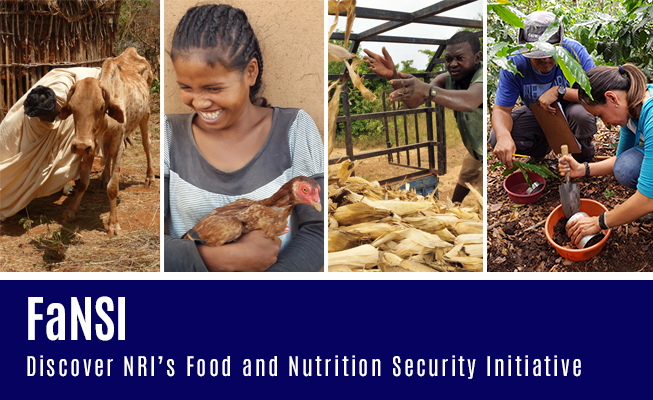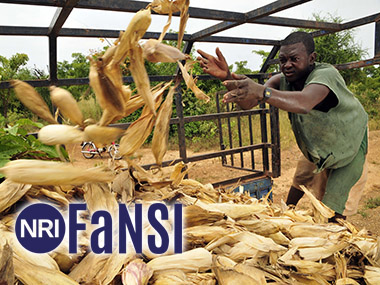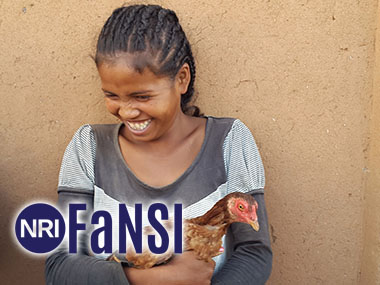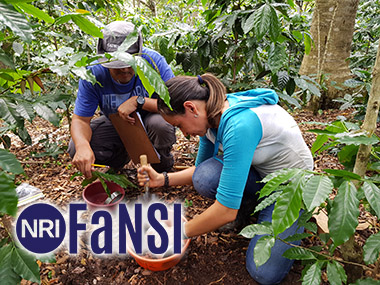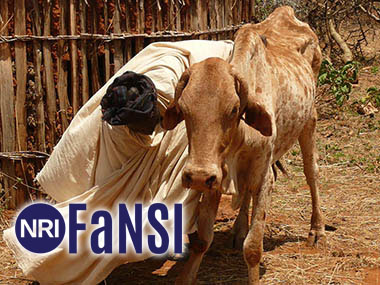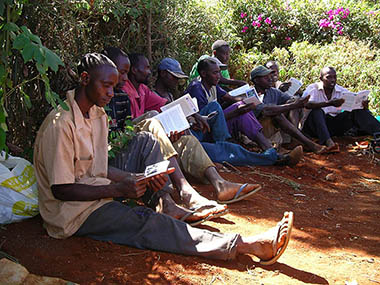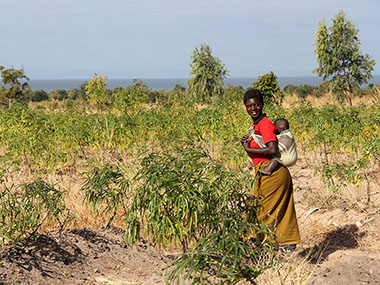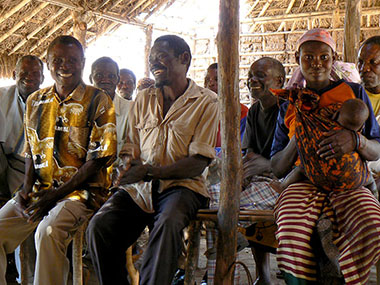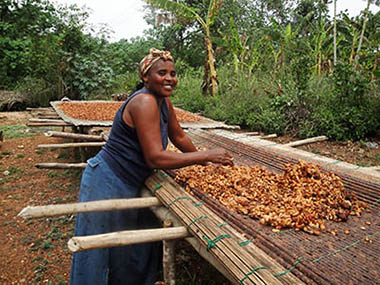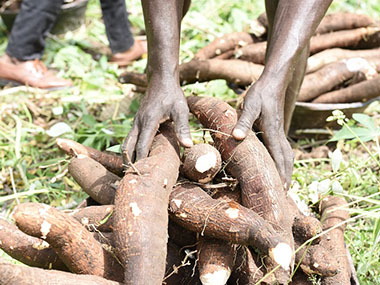'NRI's Development Programmes address significant developmental challenges and opportunities arising from global trends, emergent policy issues, capacity limitations and problems in the sectors and countries in which we work. We aim to contribute to enhanced livelihoods and poverty reduction in some of the world's poorest countries. We apply our knowledge and experience to bring about improvements in food security and nutrition, sustainable agricultural productivity and natural resource management, market access and income generation. We assist local organisations in strategy and skills development and use the results of our work to inform policy processes and debates. The programmes draw on the interdisciplinary strengths of NRI working in collaboration with a broad range of partners. For more information about our portfolio of development programmes please contact Adrienne Martin (a.m.martin@gre.ac.uk) or the leader of the specific programme in which you are interested.'
Food Loss, Waste Reduction and Value Addition
Improving resource use through value addition, technical solutions for food loss and waste, and providing guidance to researchers and practitioners.
Food Systems for Improved Nutrition
Developing, evaluating and supporting the implementation of sustainable strategies to increase access to nutritious diets for all people.
Sustainable Agricultural Intensification
Increasing food production efficiency to feed a growing global population, while maintaining ecosystem services, conserving biodiversity and promoting social equity.
Climate Change, Agriculture and Natural Resources
Responding to climate change by understanding the challenges posed by climate variability and developing mitigation and adaptation strategies.
Capacity Strengthening for Agricultural Development and Food Security
Supporting individuals and organizations to strengthen their ability in high-quality demand-led research and learning, leading to developmental impact.
Gender and Social Difference
The Gender and Social Difference programme conducts innovative and high-quality research and practice for demonstrable impact on equality and gender justice.
Land, Rural Institutions and Governance
The programme aims to assist policy and institutional innovation for sustainable, socially inclusive economic development in rural areas.
Sustainable Production, Trade and Consumption
Generating knowledge on the impact of trade and private sector initiatives in support of equitable and environmentally sustainable development.
Root and Tuber Crops in Development
Improving nutrition, food security and incomes through research and development, capacity building and policy advice.


